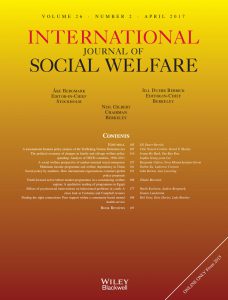Watching wealth in an economic crisis

by bmckernan
A while back, a previous blog post wondered how Hollywood and American television would react to the current economic crisis. Would these industries continue to focus on affluent and lavish lifestyles, or would they instead redirect their gaze to more humbling “middleclass” concerns in light of the dire economic straits many Americans now found themselves navigating. Well, according to a recent article in Time magazine, at least one American television network is not only staying the course, but even increasing its obsession with the lives of the rich and powerful. As the article points out, while the television network Bravo originally began as a cable arts channel, it has since seemingly transformed itself into America’s reality television epicenter for shows on American affluence, with programs following the high-class lives of upscale hotel owners, fashion designers, and real estate moguls, as well as many of the individuals who service their affluence, including upscale hairstylists, gym trainers, and even chefs.
However, it is the “Real Housewives” reality television franchise which garners the majority of the article’s attention. These particular Bravo programs (of which there are currently three separate series and allegedly a fourth on the way) follow the lives of “real” housewives in some of American’s most opulent locales, including Orange County, California, New York City, and Atlanta. The episodes follow the lives of select “housewives” living in these areas as they attempt to balance the demands of raising a family (and sometimes working) with day long visits to the spa, vacations in the Hamptons or Napa Valley, and spending evenings on their (or their close friend’s) own yacht as well as any other luxury one can imagine that only wealth can provide.
From a culture industry perspective, it is certainly easy to dismiss these shows as fulfilling merely ideological functions, denying audiences’ critical agency while mesmerizing them with lavish imagery of the wealthy. However, as the Time’s article insightfully points out, perhaps viewers are flocking to these shows not because they want to live the good life vicariously through these television personalities but instead because viewers want an opportunity to laugh at the wealthy and, as the article explains, relish in the moments when “the rich get theirs.” As the Time article’s suggestion helps illustrate, to simply dismiss these shows or any cultural product in general as “ideological” prevents scholars from examining the meanings individuals and social groups actually instill into these products. If the social sciences are to more fully grasp the complexities of any cultural phenomenon, these more traditional critical interpretations must be coupled with approaches more attuned to meaning-making activities such as audience-reception and aesthetic public sphere studies.
![]() Time article: “Gold Diggers of 2009”
Time article: “Gold Diggers of 2009”
![]() Beth Montemurro’s “Toward a Sociology of Reality Television”
Beth Montemurro’s “Toward a Sociology of Reality Television”




1530-2415/asset/SPSSI_logo_small.jpg?v=1&s=703d32c0889a30426e5264b94ce9ad387c90c2e0)
1475-682X/asset/akdkey.jpg?v=1&s=eef6c6a27a6d15977bc8f9cc0c7bc7fbe54a32de)
You make some unique points about reality television and wealth. What an interesting post!
Keri